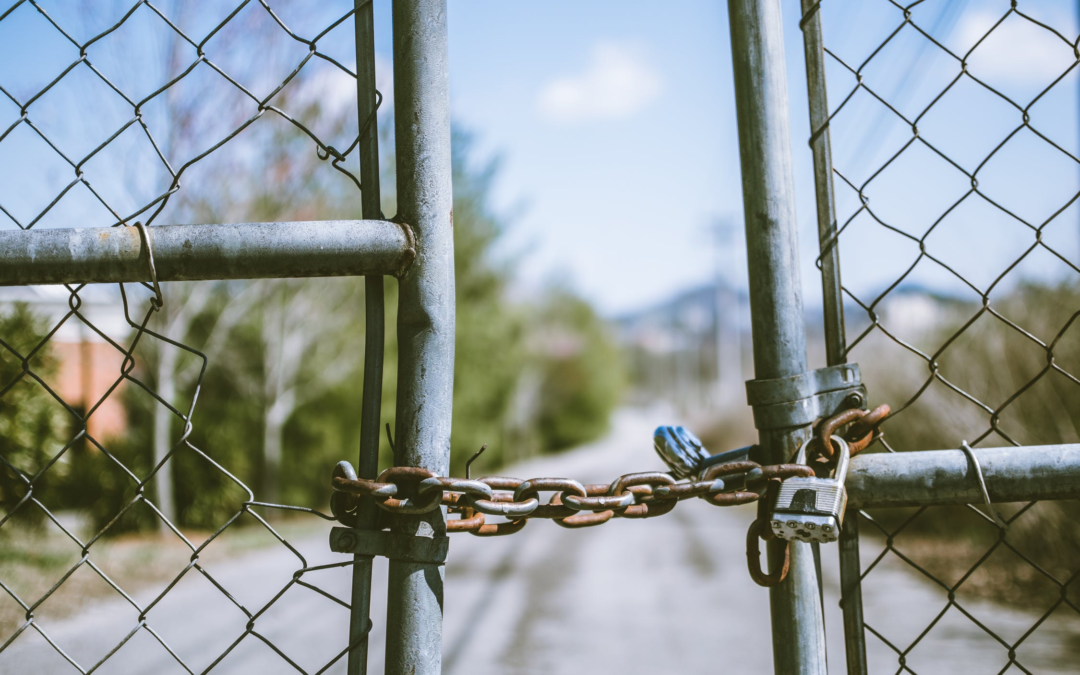Our second Decatur First Methodist “Cafe” series on successful aging was last night. The topic was “Barriers to Successful Aging.” Participants are eager to share their stories, ask for help, and learn from each other. I laid out for the major barriers from my experience.
They are DENIAL (most people don’t want to think they are growing old or that their parents are doing so, as evidenced by how much American spend on cosmetics, supplements, Botox, red convertibles, etc.) Truth is, there is no fountain of youth.
SIBLING CONFLICT over care and treatment of mom or dad- especially late in life. Especially around life and death decisions.
MEDICATION MISMANAGEMENT, complicated by alcohol abuse and over-the-counter med usage that may not be apparent.
POORLY COORDINATED DOCTOR CARE, along with inadequately trained doctors, inadequately compensated doctors and nursing personnel, uncoordinated services to help older people stay at home or with family, and payment mechanisms confusion: eg, What does Medicare cover? What about insurance option? What will families have to pay for out of pocket?
UNRELIABLE, UNTRUSTWORTHY PROVIDERS of care- how to tell the good ones from the not-so-good.
INADEQUATE FAMILY COMMUNICATION and discomfort with feeling about becoming the “adult child”. Perhaps the biggest barrier of all! A mother-daughter duo had a breakthrough between sessions in which mom agreed to let the daughter go with her on doctor appointments so siblings have direct knowledge of mom’s health and treatment. The daughter doesn’t want to be intrusive or take over mom’s decision capacity, but the family wants to be sure they are being supportive in the right ways. A great example for others to follow- but not easy.
Sometimes there is conflict among siblings as to who is in charge once someone needs to be in a decision-making capacity. Or, conflict over siblings who won’t do their fair share of caregiving because of denial or personal circumstances like financial capacity.
And finally- the barrier of ISOLATION caused often by untreated depression, families who live out of town, lack of transportation, and social groups like churches, synagogues, and social clubs who let widows, widowers, and single elders simply drift away to become prisoners in their own homes- which can have the side effect of making them vulnerable to charlatans.
These barriers can be overcome by good communications among caring families and caring professionals.
Comments welcomed!
